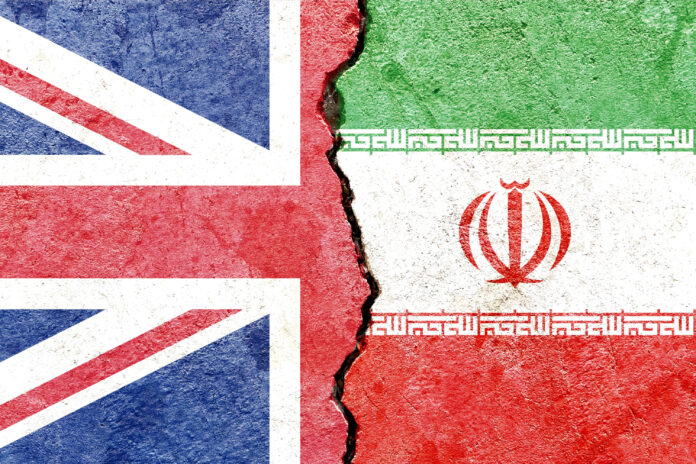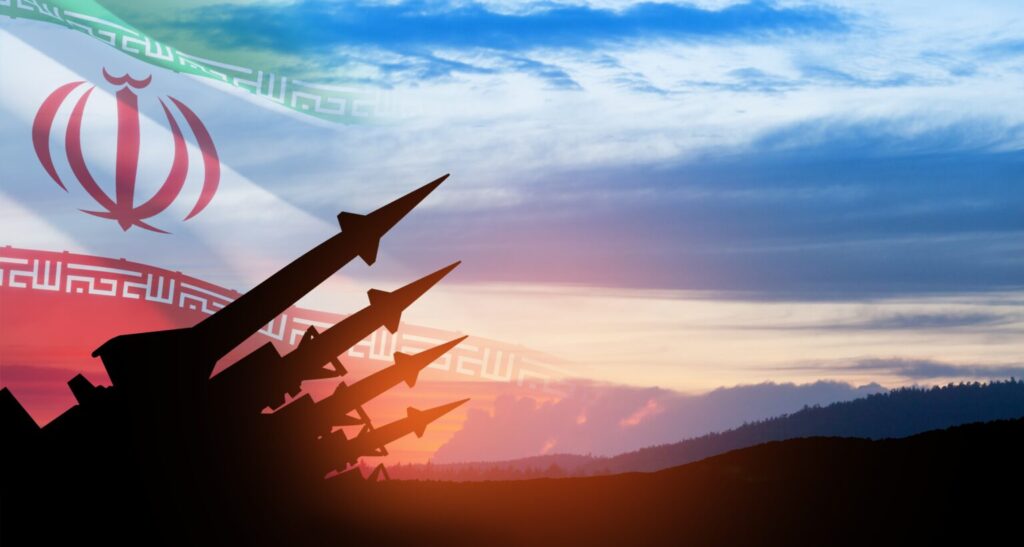Iran has denounced the latest sanctions imposed by the UK and the European Union over its recent missile attack on Israel and its alleged transfer of weapons to Russia.
The UK sanctions, announced yesterday, targeted several Iranian senior military figures and organisations following Iran’s multiple rocket attack on Israel on October 1.
“Despite repeated warnings, the dangerous actions of Iran and its proxies are driving further escalation in the Middle East,” Foreign Secretary David Lammy said.
“Following its ballistic missile attack on Israel, we are holding Iran to account and exposing those who facilitated these acts.
“Alongside allies and partners, we will continue to take necessary measures to challenge Iran’s unacceptable threats and press for de-escalation across the region.”
It comes as the EU announced sanctions on Iran’s deputy defence minister, senior members of its Revolutionary Guards and three airlines over allegations they supplied drones, missiles and other equipment to Russia to use in its war against Ukraine.
On the other hand, Iranian Foreign Ministry spokesman Esmaeil Baghaei firmly rejected the allegations of missile sales to Russia, reiterating Iran’s opposition to the war in Ukraine. He emphasised that Iran seeks a peaceful, diplomatic resolution to the conflict, distancing the country from accusations of fueling the war.
Subscribe to our newsletter and stay updated on the latest news and updates from around the Muslim world!
Baghaei also defended Iran’s defense cooperation with Russia, insisting these partnerships are not aimed at harming any third parties and are conducted within the framework of international norms.
He accused the West of hypocrisy, pointing to its arms sales to Israel, which Iran claims has committed “genocide” and “war crimes” in Gaza and Lebanon.
Baghaei argued that while Iran is being punished for its military collaborations, Western nations continue to supply weapons to Israel without facing similar consequences.
Baghaei also condemned the EU’s decision to target Iran’s civil aviation sector, calling it a “clear violation of international law.” The sanctions include measures that affect Iranian airlines, curbing their international operations. This move, according to Tehran, unfairly impacts Iran’s civilian population, as sanctions on airlines can limit travel and economic activity.
Iran’s civil aviation industry has long been subject to sanctions, largely due to concerns over the potential dual-use of aircraft for military purposes. Tehran, however, insists that such sanctions disproportionately harm civilians and violate the principles of international humanitarian law.
In a related development, Australia announced new sanctions targeting Iran’s missile programme. Australian Foreign Minister Penny Wong detailed the sanctions, which include financial restrictions and travel bans on five individuals linked to Iran’s missile industry.
Wong emphasised that Iran’s missile program poses a “material threat” to both regional and global security. This marks a continuation of Australia’s tough stance on Iran, with over 200 individuals and entities tied to Iran now facing sanctions.
























